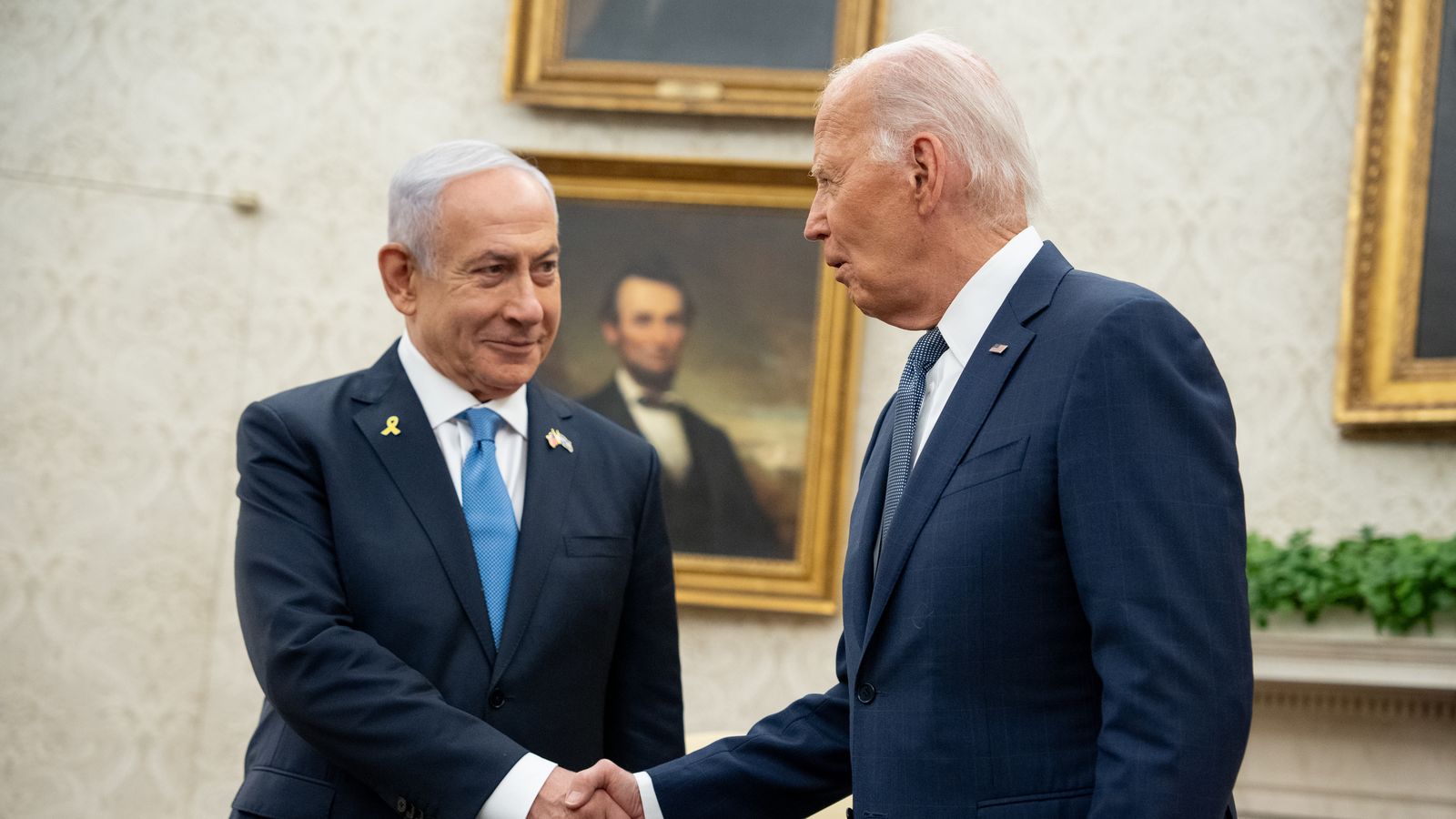
Biden and Netanyahu Discuss Israel's Options After Iranian Missile Attack
Following an October missile attack from Iran, Israeli Prime Minister Benjamin Netanyahu and U.S. President Joe Biden have had a key phone discussion, touching on Israel's potential response. The conversation underscores both nations' ongoing commitment to Israel’s security and Biden's strong condemnation of the attack, signaling U.S. support. However, the details of what was discussed remain closely guarded, with both Vice President Kamala Harris and White House officials declining to elaborate, citing the sensitivity of the situation.
Also Read:- TD Bank Faces $3 Billion Fine and US Growth Limitations Over Money-Laundering Failures
- First Wave of COVID-19 Linked to Increased Risk of Heart Attack and Stroke for Up to Three Years
Israel is currently weighing its options for retaliation, with experts speculating on a variety of possible targets, including Iran’s military sites, critical infrastructure, and its growing nuclear program. One significant possibility could involve strikes on Iran’s air defense and missile systems, as seen in Israel's response to a similar missile barrage in April, where Israel targeted Iran’s prized S-300 air defense system.
As tensions between the U.S. and Israel simmer, largely due to concerns over potential escalation and civilian casualties, the Biden administration has reportedly urged Netanyahu to ensure that any counterattack is proportionate. Nonetheless, Israeli defense officials, including Defense Minister Yoav Gallant, have hinted at a powerful and "surprising" strike against Iran that may catch Tehran off guard.
Although the Biden administration is cautious about an attack on Iranian nuclear or oil facilities, fearing it could spark a broader regional conflict, Israel seems determined to respond in a more public and forceful way than it has in previous incidents. This complex situation illustrates the delicate balancing act Israel must perform—deciding how to deal with its adversaries while maintaining strong ties with the U.S. amid rising tensions across the Middle East.
Read More:

0 Comments